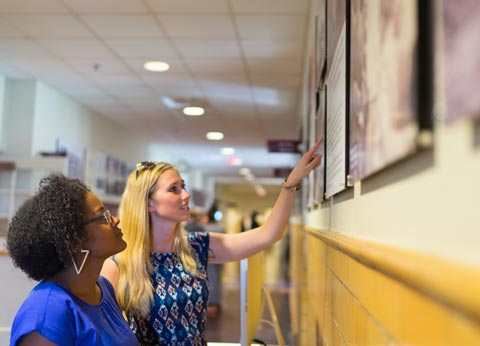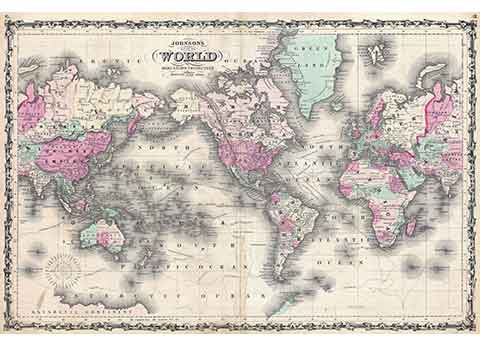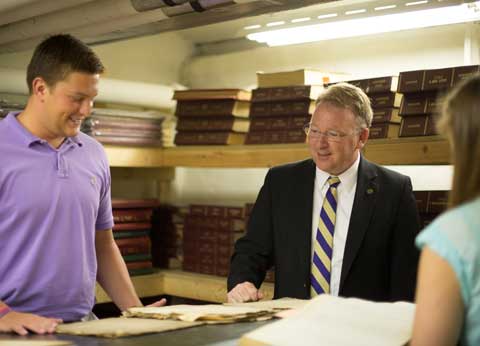
The department welcomes all students to the study of history. The program blends core requirements with great choice, permitting students to pursue particular interests while developing a broad understanding of the historic past. History students gain historical knowledge and understanding of many societies and cultures; improve their research, writing and digital skills; become independent, creative, and self-directed learners; and work with a superior and dedicated faculty. It's a strong preparation for any path in life.
The requirements for a major in history consist of introductory and upper-level courses. All courses introduce students to the nature of history. In addition to involving reading, writing and critical thinking, these courses help students develop skills in using historical thinking and conducting research and interpretation for the 21st-century world. Majors in history are strongly encouraged to continue study in foreign languages beyond the minimum university requirement and, when appropriate, to integrate their foreign language studies into their history classes.



